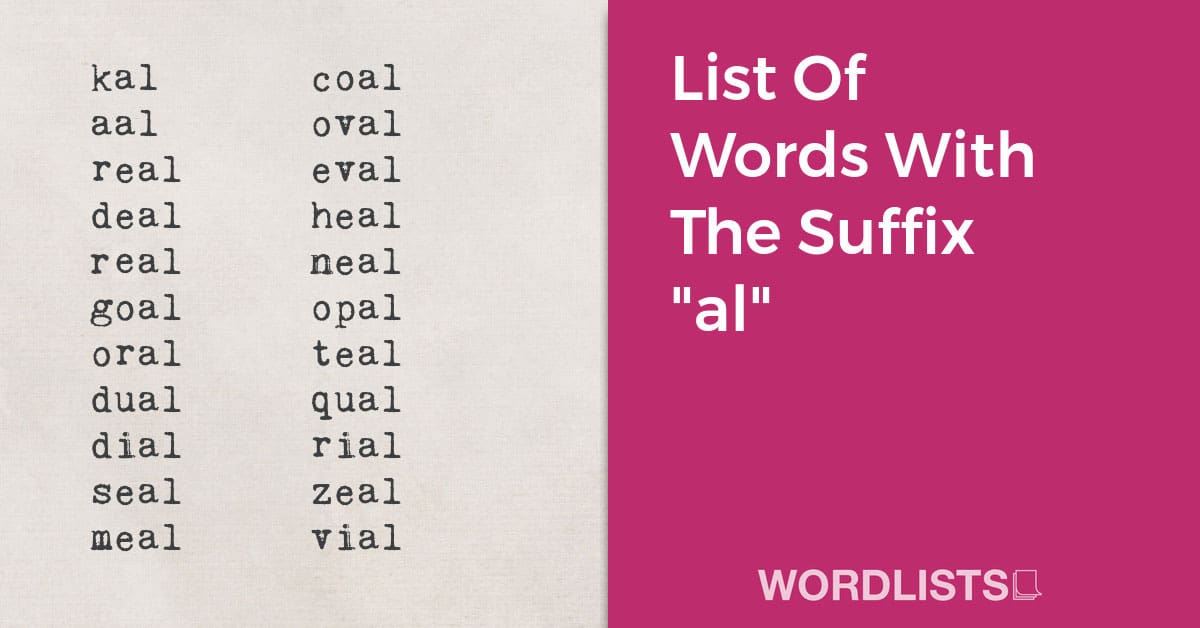Farming is a vital industry that plays a crucial role in feeding the world, and as a result, it has its own unique vocabulary. From the types of crops and livestock, to the tools and techniques used in agriculture, there are countless words and terms associated with the world of farming.
In this list, we’ll explore 50 words that are commonly associated with farming, ranging from basic terms to more advanced concepts. Whether you’re a farmer or just want to learn more about this important industry, you’re sure to find something interesting in this list!

Subscribe to our mailing list to receive FREE exclusive content and offers!
50 Words Associated With Farming Meanings
Combine: A machine that harvests, threshes, and cleans grain while moving over a field.
Goats: A type of domesticated animal often kept on a farm for milk, meat, or wool production.
Rancher: An individual who raises livestock, particularly cattle or sheep, on a large piece of rural land.
Irrigation: The artificial application of water to land or soil to assist in the growth of crops.
Farmer: An individual who operates a farm, making a living growing crops or raising animals for food or raw materials.
Compost: A mix of organic materials like leaves, vegetable scraps, and grass clippings that have been allowed to decompose and are used to improve soil health.
Yield: The amount of crop produced in a given area.
Sower: A person or device that plants seeds.
Harvest: The process or period of gathering in crops, typically those that have been grown for food or other useful materials.
Soil: The upper layer of earth in which plants grow, a black or dark brown material typically consisting of a mixture of organic remains, clay, and rock particles.
Grove: A small group of trees without undergrowth, such as a cluster of fruit or nut trees on a farm.
Plow: A farm tool or machine used for tilling the soil, especially in preparation for planting.
Reservoir: A large natural or artificial lake used as a source of water supply.
Crops: Plants that are grown and harvested extensively for profit or subsistence.
Pond: A small body of water, often used on a farm to provide water for livestock or to aid in irrigation.
Reaper: A machine that cuts and collects crops at harvest time.
Dam: A barrier constructed to hold back water and raise its level, forming a reservoir used in irrigation or to produce hydroelectric power.
Water: A vital resource in farming used for irrigation and providing hydration to livestock.
Agribusiness: The business of agricultural production, including farming, seed supply, agrichemicals, farm machinery, distribution, and retail sales.
Cows: Large domesticated bovines that are often raised for milk, meat (beef), and hides.
Farm: An area of land and its buildings, used for growing crops and rearing animals.
Tractor: A powerful motor vehicle with large rear wheels, used chiefly on farms for hauling equipment and trailers.
Nursery: A place where plants are grown, usually for sale or for planting elsewhere.
Greenhouse: A building with walls and roof made chiefly of transparent material, such as glass, in which plants requiring regulated climatic conditions are grown.
Canal: An artificial waterway constructed to allow the passage of water for irrigation or other agricultural purposes.
Seed: The unit of reproduction of a flowering plant, capable of developing into another such plant when sown or planted.
Turkeys: Large poultry birds that are often raised on farms for their meat.
Planter: A machine or person that plants seeds or seedlings.
Pasture: Land covered with grass and other low plants suitable for grazing animals, especially cows or sheep.
Fertilize: To add nutrients to soil or plants, often in the form of a chemical or organic substance, to promote plant growth.
Chickens: Domestic fowls bred for their flesh or eggs.
Pigs: Domesticated animals raised on a farm for their meat, called pork.
Pesticides: Chemicals used to kill pests, such as insects, rodents, fungi, or unwanted plants (weeds).
Sheep: Farm animals raised for their wool, skin, or meat (mutton).
Insecticides: Chemical substances used to kill insects or other organisms harmful to cultivated plants or animals.
Stream: A small, narrow river, often a source of water for livestock or crops on a farm.
Well: A deep hole or shaft sunk into the earth to obtain water, oil, gas, or brine.
Harrow: A device consisting of a heavy framework set with teeth or tines which is dragged over plowed land to break up clods, remove weeds, and cover seed.
Garden: A piece of ground, often near a house, used for growing flowers, fruit, or vegetables.
Herbicides: Substances that are toxic to plants and are used to destroy unwanted vegetation.
Thresher: A machine that separates grain from the stalks and husks.
Field: An area of open land, especially one planted with crops or pasture.
Cultivator: A machine used to loosen the soil in an area where a crop is to be planted.
Fungicides: Chemical compounds or biological organisms used to kill or inhibit fungi or fungal spores, often used in agriculture to prevent damage to crops.
Ducks: Waterbirds often raised on farms for their meat, eggs, or down feathers.
Hayfield: A field where grass or alfalfa is grown to be made into hay.
Livestock: Farm animals regarded as an asset.
Agriculture: The science or practice of farming, including cultivation of the soil for the growing of crops and the rearing of animals to provide food, wool, and other products.
Orchard: A piece of land planted with fruit trees.
Manure: Animal dung used for fertilizing land.







